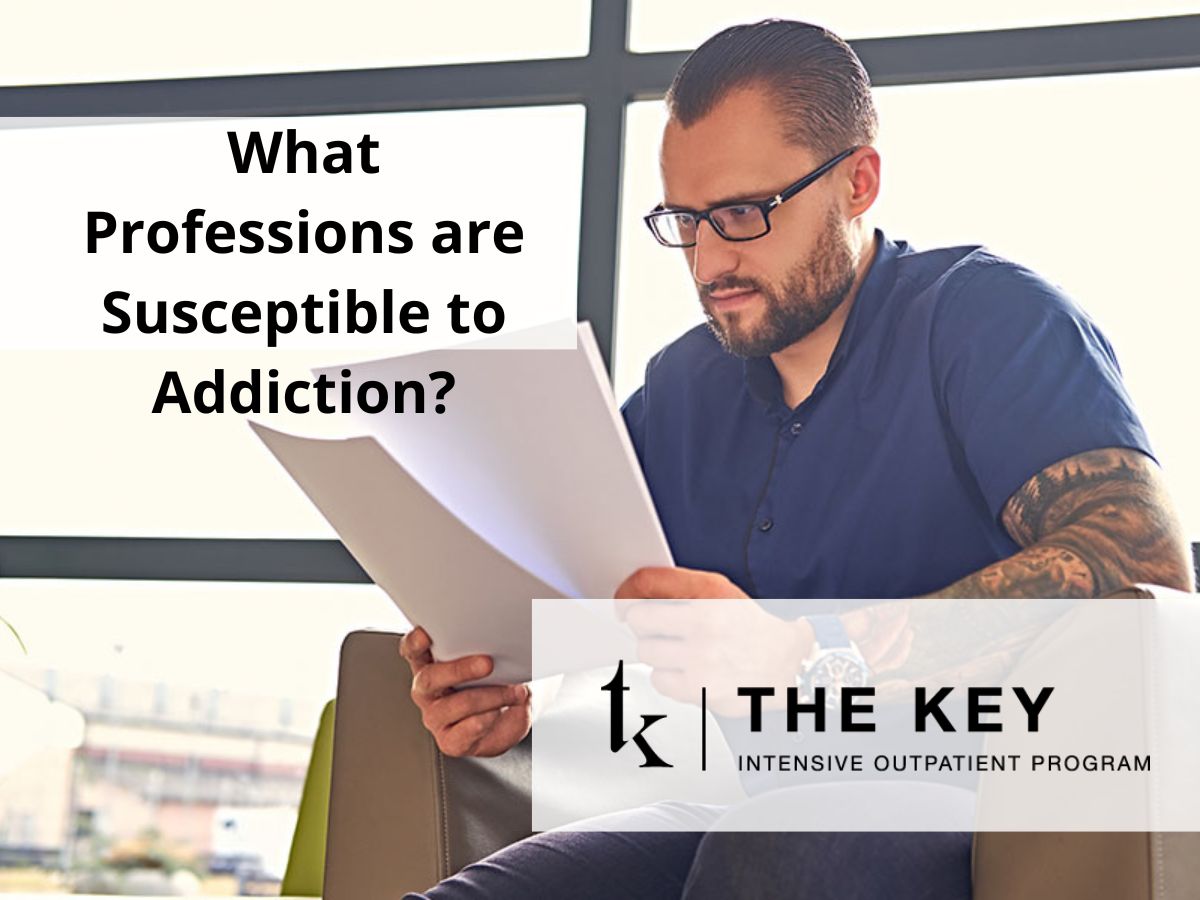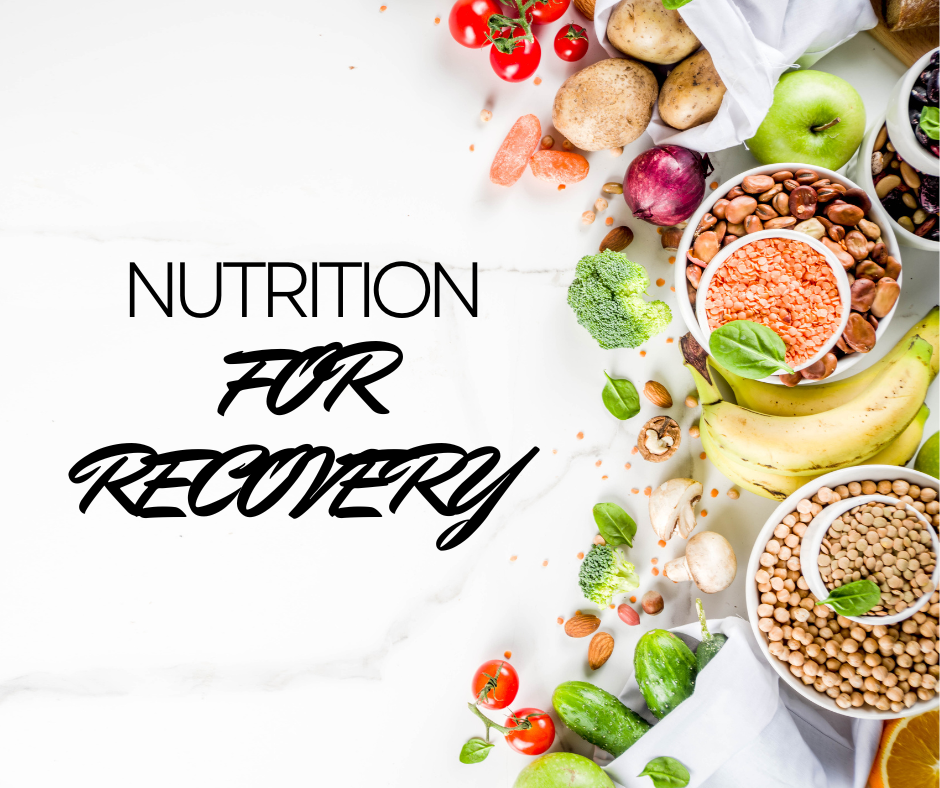Drug abuse affects millions of people in the United States. Only in recent years, scientists have provided solid answers about the causes of drug abuse and addiction. Unfortunately, it’s not possible to reduce causation down to a single gene or environmental factor. Instead, an array of variables combines to create vulnerability in a single individual. These influence lifestyle and day-to-day choices and addiction can occur.
Read on to find out more about substance use disorder, what causes it and how overcoming drug addiction is doable!
What Is Drug Addiction?
Depending on the person, drug use and addiction can manifest in numerous ways. There are sure warning signs of addiction that can apply to most people dealing with substance abuse.
Individuals can habitually abuse substances or illicit drugs and not technically become addicted until they’ve continued to use the substance for a specific amount of time.
When someone initially starts to take drugs in excess, it is typically considered substance abuse. With continued use, they then develop a substance use disorder, otherwise known as addiction.
What Causes Me to Become Addicted to Drugs?
It’s important to understand that there’s no single cause or a predictable mixture of risk factors that predetermine substance use disorders or addiction. A variety of mental health issues, genes and environmental factors lead to a person’s risk of addiction increasing. Moreover, a lack of healthy coping mechanisms leads to compulsive substance abuse.
It’s not the fault of the individual sufferer and judgment and anger won’t help anyone. Addicted people require urgent health care to help them get back on track and live a life free from cravings.
Let’s take a look at some of the main factors that influence a person’s likelihood of developing an addiction.
Genetics
Family history and genetics account for around 50% of the causes of addiction, and it’s the single most reliable predictor of substance use. That doesn’t mean everyone who has a history of substance abuse in the family will develop an addiction or that everyone who’s addicted has genetic vulnerability (although most do).
Variables affect more than 50 genes, and only a few of them need to be present for vulnerability to addiction to occur.
Environment
Environmental causes include socioeconomic status, peer pressure, friendship groups, media and lack of parental supervision during childhood. Illicit drug use and alcohol abuse taking place in the home during the early years normalizes the behavior of a young child and is one of the leading environmental factors.
Another leading risk factor for substance abuse disorder and addiction in later life is when young people abuse addictive substances such as nicotine, alcohol or illegal drugs before the developing brain has come to be.
Trauma
Trauma occurs when the brain is unable to process an experience because it’s outside of the realms of normalcy. While sexual abuse, physical abuse, mental abuse and adverse childhood experiences lead to severe trauma, there are an array of events that might result in you experiencing trauma.
Mental Health Disorders
Many of the people who attend a treatment center or seek help from their healthcare provider have an underlying mental health disorder. It’s not clear scientifically whether health problems trigger substance use disorders (SUD) or the other way around, but it’s likely a complex mixture of the two. Some of the mental health disorders associated with addiction include:
- Attention deficit hyperactivity disorder (ADHD)
- Post Traumatic Stress Disorder (PTSD)
- Bipolar
- Depression
- Anxiety
- Schizophrenia
- Personality disorders
Lifestyle and Choices
No one should be blamed for falling victim to a substance use disorder and it’s in no way a question of morality. When genetic and environmental risk factors aren’t present, making healthy choices is infinitely easier with regard to drug use. However, that’s not to say personal responsibility isn’t essential.
To overcome addiction, you need to be aware of your triggers, know you’re at a higher risk of drug use and understand that being more careful and intentional than other people is crucial. While it’s not fair that factors outside your control put you at an increased risk of addiction, making constructive daily choices and living a relatively healthy lifestyle will help you avoid relapse.
Drug addiction treatment teaches and guides you as you make the changes necessary for long-term sobriety.
What are the Signs Someone Became Addicted to drugs?
According to the National Institute on Drug Abuse and the DSM 5, there are 11 primary criteria for diagnosing addiction. If you display at least two of the following criteria you have a mild substance use disorder, three to four signifies a moderate use disorder and five or more indicates a severe SUD. Below are the criteria:
- Taking more of a substance over time or continuing use for longer than prescribed
- Intending to quit or cut down but not being able to
- Spending a significant portion of time sourcing, using and recovering from substances
- Feeling cravings for a substance that you can’t ignore
- Poor performance at school, work or family as a result of using substances
- Using despite interpersonal problems
- Giving up hobbies, work or social commitments in favor of taking substances
- Putting yourself in dangerous situations as a result of drugs or alcohol
- Continuing with substance abuse even though you’re aware it’s causing physical and/or mental illness
- Becoming tolerant to the substance, so it takes more to get the desired effects
- Withdrawal symptoms that are only relieved by using your drug of choice
Are Substance Abuse and Addiction the Same?
It’s said that many traits come from family members or biological factors. Drug use and abuse don’t just come from the family tree — it can happen suddenly and without warning. A single traumatic event or environmental factor in life could change and lead to significant disruption. The fun, occasional relationship you have with substances could quickly transform into addiction as the brain recognizes substance use as an effective coping mechanism.
Unfortunately, the mind isn’t able to differentiate between a healthy coping mechanism and an unhealthy one. It simply fires electrical signals to encourage you to self-soothe painful feelings in a way that delivers results.
Drugs and alcohol can be highly effective at relieving anxiety, depression and stress in the short term. As such, it’s up to you to implement healthy behaviors, surround yourself with a positive social network and find ways to find support groups that are effective and don’t lead to long-term health consequences. Substance abuse treatment is available to anyone, whether they have a mild, moderate or severe SUD.
Get Help for Drug and Alcohol Abuse Today
If you or a loved one is suffering from drug dependence, support and advice are available.
Whether it’s painkillers, amphetamines, inhalants, methamphetamine, opioids, prescription medicines, alcohol or any other addictive substance, a treatment plan at The Key Addiction Treatment Center can help you learn about your triggers, develop healthy coping mechanisms and regain your freedom. Call us today at 831-484-4191 for more information.


